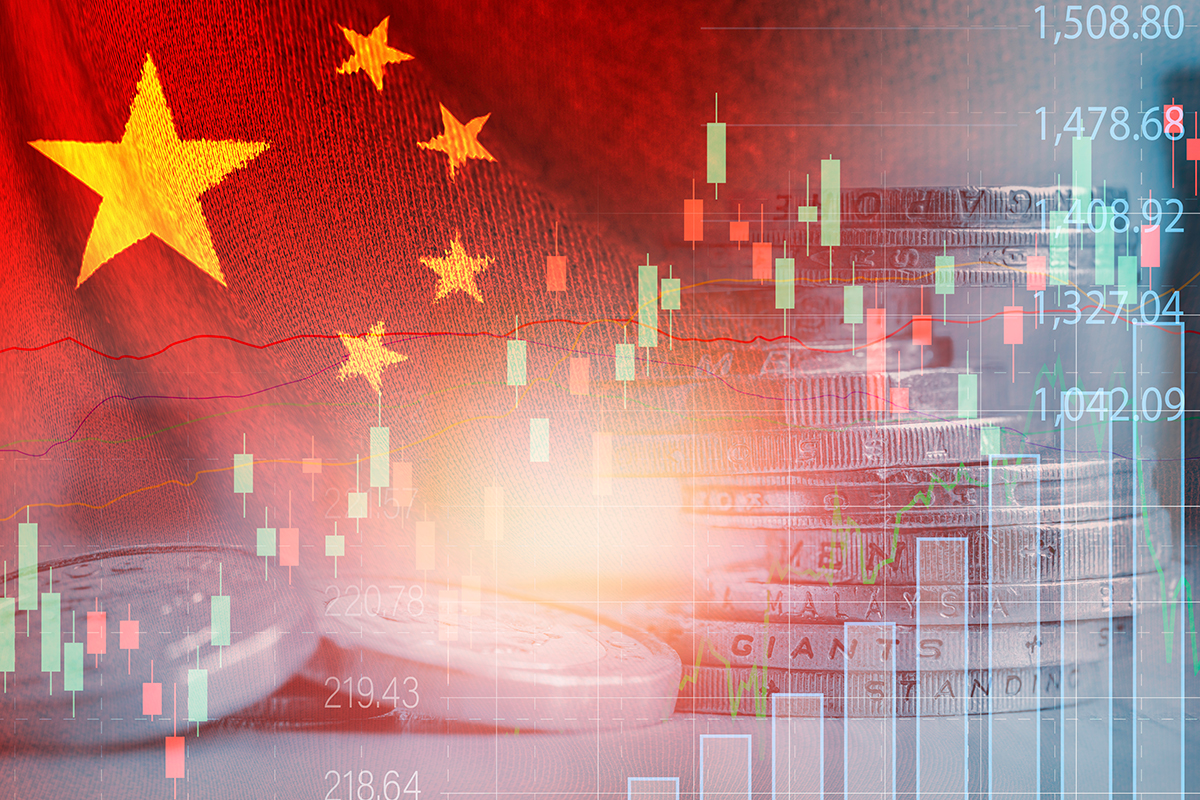As China sets out its economic goals for the year 2024, discussions abound regarding the nation’s strategic direction amidst escalating tensions on the global stage, particularly in its relationship with the United States. The announcements made during a recent conference shed light on Beijing’s economic vision and its potential implications for the global economic landscape.
A significant revelation from the conference is China’s substantial increase in military expenditure. With a planned 7.2% rise in spending, the country’s military budget is set to reach 1.67 trillion yuan ($232 billion), marking the largest increase in five years. This surge underscores President Xi Jinping’s commitment to strengthening the armed forces of the Communist Party, positioning China for greater military readiness and potential strategic superiority. Analysts speculate that this boost in military spending could empower China to exert more significant military pressure on neighboring nations, raising concerns among neighboring countries and the international community about regional stability and security.
Another focal point of China’s economic strategy is its drive for technological self-reliance. With a 10% increase in funding allocated to scientific and technological research, amounting to 370.8 billion yuan ($51.5 billion), China aims to reduce its dependence on American technology and assert its dominance in critical sectors. This includes promoting domestic champions and leading advancements in cutting-edge technologies, challenging the long-standing dominance of American tech behemoths. Beijing’s emphasis on technological autonomy underscores its determination to break free from what it perceives as American hegemony and establish itself as a global leader in innovation and technological prowess.
In response to concerns from advanced economies about China’s investments in manufacturing exacerbating issues of overcapacity, Chinese authorities have pledged to address these concerns. Efforts to mitigate overcapacity in key industries demonstrate China’s acknowledgment of its role in the global economy and its commitment to easing trade tensions with other nations. By acknowledging and actively addressing overcapacity issues, China aims to maintain stability in global markets and cultivate mutually beneficial trade relationships with its international partners.
Despite discussions about potential measures to stimulate demand, such as trade-in initiatives to incentivize consumer spending, there appears to be limited action on these fronts. This leaves deflationary pressures largely unabated, presenting challenges for global economic recovery efforts, particularly in the face of ongoing disruptions to supply chains and market uncertainties.
The conference also underscores President Xi Jinping’s firm control over China’s political landscape. With Premier Li Qiang appearing to wield less authority than previously assumed, Xi’s dominance is reaffirmed, sparking questions about the transparency and predictability of China’s policy decisions.







